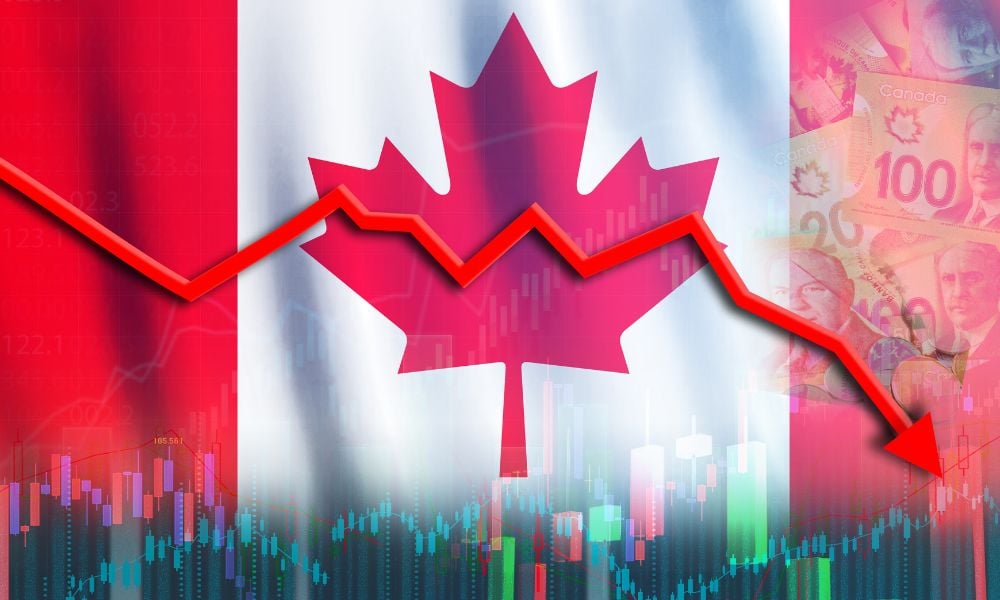Poloz argues population growth has papered over cracks in the economy

Former Bank of Canada governor Stephen Poloz believes the country is in a recession and that population growth has contributed to a misleading perception of the economy’s health.
Speaking during a webinar on Tuesday, Poloz – who served as head of the central bank between 2013 and 2020 – indicated immigration had skewed economic data and painted a picture of an economy that’s stronger than it actually is.
“I wouldn’t even call it a technical [recession],” he said. “A technical one is a superficial definition that you have two quarters of negative growth in a row, and we haven’t had that. But the reason is because we’ve been swamped with new immigrants who buy the basics in life, and that boosts our consumption enough.”
Statistics Canada said last week that the national economy had expanded at an annualized rate of 1% in the third quarter of this year, below both the Bank’s expectations and those of economists surveyed by Bloomberg.
But that marks a significant slowdown from the 2.1% growth seen in Q2, which Poloz dismissed as a “popup” and a “pretty minor thing” in the context of a rapidly cooling economy throughout the year.
He pointed to a higher cost of living because of an inflationary spike in recent years as a factor hindering consumer spending, and said a bigger-than-expected drop in inflation – which has taken place in recent months – usually only occurs in a recession.
How might Trump’s tariffs impact the Canadian economy in 2025?
The Bank of Canada is scheduled to make its next decision on interest rates next Wednesday (December 11), with the threat by US president-elect Donald Trump to impose 25% tariffs on all Canadian imports looming over the economy as decisionmakers weigh up their next move.
Canadian PM Justin Trudeau and U.S. President-elect Donald Trump met in Florida but failed to resolve Trump’s proposed 25% tariffs on Canadian imports. https://t.co/Ch3lCuj10t
— Canadian Mortgage Professional Magazine (@CMPmagazine) December 2, 2024
Poloz said those tariffs could put the Bank of Canada and other global central banks in an “awkward place,” potentially requiring rates to stay higher for longer even as the economy slows.
“I think most central banks are going to say, ‘I’ve got to be worried about the inflation part,’” he said on the prospect of those tariffs coming into play, “and so that’s a recipe for deeper stagflation.”
Make sure to get all the latest news to your inbox on Canada’s mortgage and housing markets by signing up for our free daily newsletter here.



